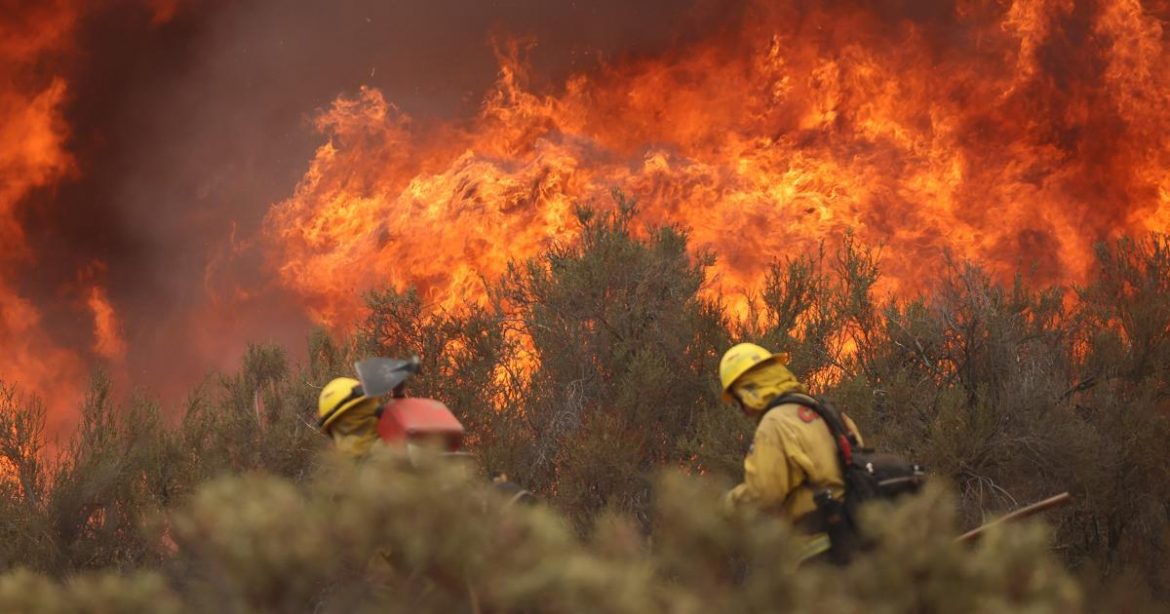A new report by the United Nations has shown that tackling climate change would require a rapid transformation of the way our world works, travels, eats and uses energy.
This first “global stocktake” to examine the efforts of countries to reduce planet-warming emissions since the Paris agreement was signed in 2015, found that while progress has been made, efforts now need to be massively scaled up.
Among other things, the report calls for “radical decarbonisation” with a fast phase out of fossil fuels without carbon capture.
It showed that burning fossil fuels like oil, gas and coal to generate electricity emits carbon dioxide, which is the main driver of climate change. Carbon capture in industrial processes and power stations stops most of the CO2 produced from being released, and either reuses it or stores it underground.
Read also: Climate adaptation finance to Africa must increase tenfold, research shows
Renewable energy also needs significant expansion while deforestation needs to be halted and reversed by 2030.
The stocktake report is expected to be considered by political leaders and will be central to global climate talks in Dubai later this year.
For the past two years now, the UN has set out to review the promises made by countries who signed the Paris agreement in 2015. At the meeting eight years ago, countries agreed to keep the amount of warming since the industrial revolution well below 2C and make efforts to keep it under 1.5C.
The report also examines their efforts to cut carbon, to adapt to climate change and how they have mobilised finance and technology to help poorer nations deal with the problem.
Story was adapted from BBC.
